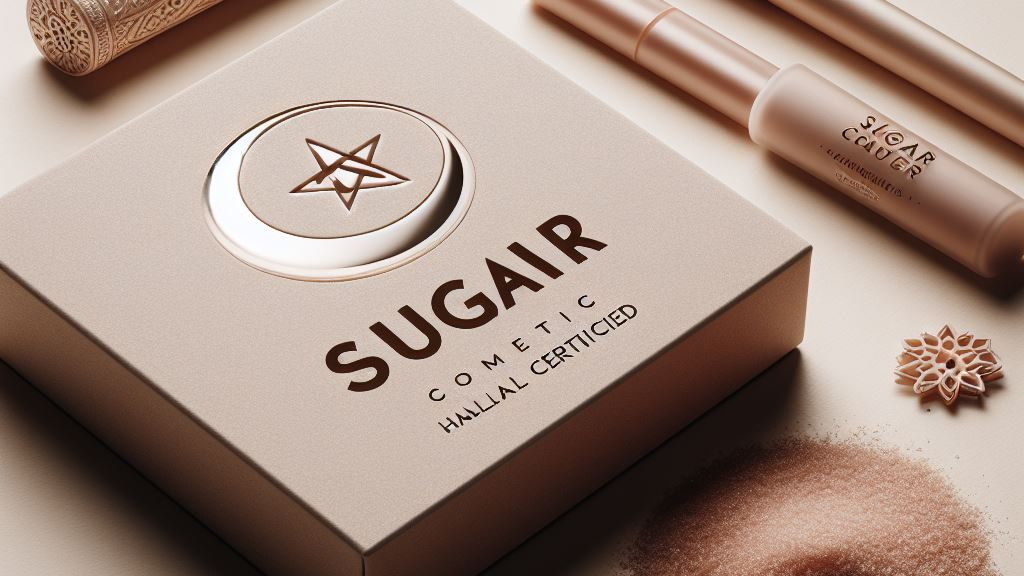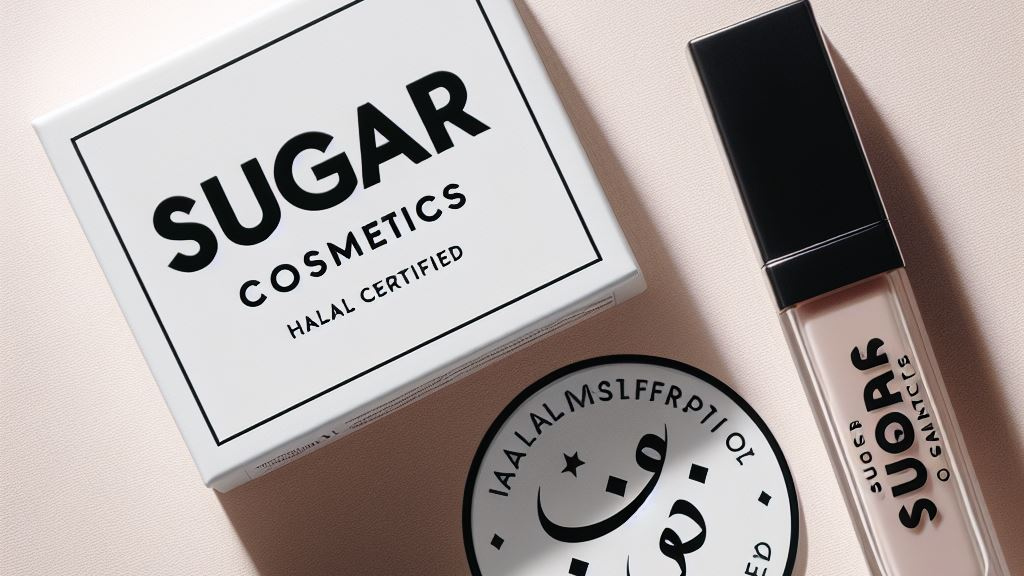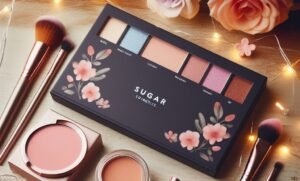Halal cosmetics are gaining popularity among consumers who seek products compliant with Islamic principles. In this context, Sugar Cosmetics, a well-known makeup brand, has caught the attention of many. But are Sugar Cosmetics halal? Let’s delve into this question and explore the concept of halal cosmetics.
Understanding Halal Cosmetics
Halal cosmetics refer to products that comply with Islamic law and are free from ingredients deemed haram (forbidden) such as alcohol and certain animal derivatives. These products are also cruelty-free and do not involve animal testing.
Also Read: Dallas 18-Wheeler Accident Law Firm: Seeking Justice and Compensation
Sugar Cosmetics: An Overview
Sugar Cosmetics is an Indian makeup brand known for its vibrant colors and trendy products. The brand has gained a loyal following for its high-quality makeup at affordable prices.
Halal Certification of Sugar Cosmetics
To determine if Sugar Cosmetics is halal, we need to look at its halal certification. Halal certification ensures that the products meet the requirements of Islamic law, including the sourcing of ingredients and the manufacturing process.
Ingredients Used in Sugar Cosmetics
Sugar Cosmetics uses a variety of ingredients in its products, including pigments, emollients, and preservatives. It is important to note that not all ingredients are halal, as some may contain animal derivatives or alcohol.

Are Sugar Cosmetics Halal-Certified?
As of the latest information available, Sugar Cosmetics does not have halal certification. This means that while some of its products may be halal, others may not meet the criteria set by Islamic law.
Benefits of Halal Cosmetics
Halal cosmetics offer several benefits, including peace of mind for consumers who adhere to Islamic principles, as well as ethical considerations such as cruelty-free practices and sustainable sourcing.
Consumer Perception and Demand
The demand for halal cosmetics is on the rise, driven by an increasing awareness among consumers about the ingredients used in their products and the desire for ethical and sustainable options.
Challenges in Halal Certification
One of the challenges faced by brands like Sugar Cosmetics in obtaining halal certification is the complexity of the certification process and the need to ensure compliance across all products and ingredients.
The Future of Halal Cosmetics
The future of halal cosmetics looks promising, with more brands recognizing the importance of catering to the needs of Muslim consumers and the growing trend towards ethical and sustainable products.
Also Read: Understanding AC Repair in North Phoenix: Key Considerations and Cost Factors
Conclusion
In conclusion, while Sugar Cosmetics is a popular brand known for its quality products, it is not currently halal-certified. However, the brand may consider obtaining halal certification in the future to cater to the growing demand for halal cosmetics.
FAQs
- Are all products halal?
No, not all products are halal. Some may contain ingredients that are not compliant with Islamic law. - How can I determine if a product is halal?
Look for halal certification on the product packaging or check with the manufacturer for information on the sourcing and manufacturing process. - Are halal cosmetics only for Muslim consumers?
No, halal cosmetics are for anyone who prefers products that are free from certain ingredients and adhere to ethical and sustainable practices. - Does halal certification guarantee the quality of a product?
Halal certification primarily focuses on the ingredients and manufacturing process, not the quality of the product itself. - Are there any other brands that offer halal cosmetics?
Yes, there are several brands that offer halal cosmetics, including Inika Organic, Amara Halal Cosmetics, and PHB Ethical Beauty.




